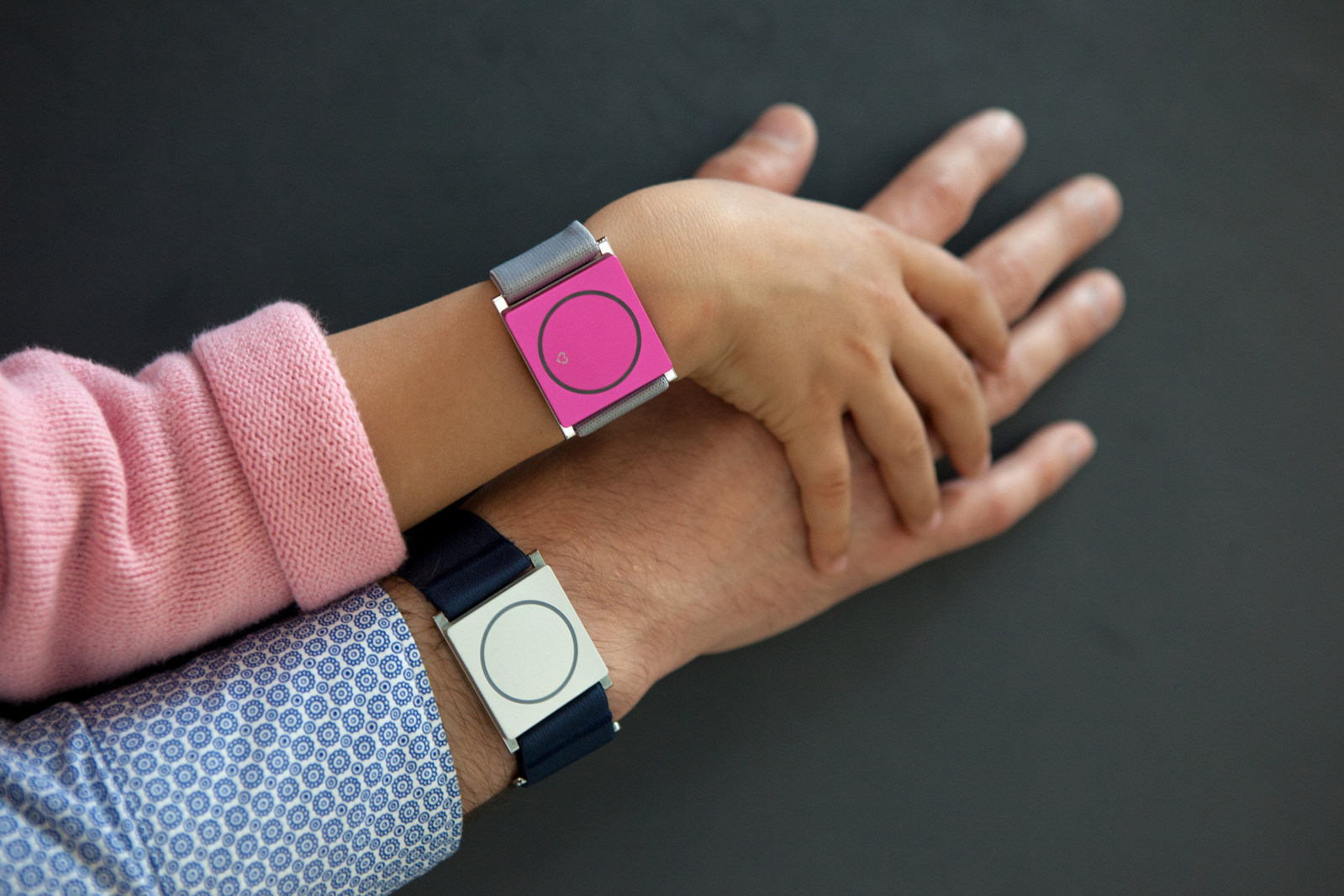It isn’t just doctors and patients who make medical decisions regarding treatment options; caregivers play an integral role in this process, according to research presented at a recent DIA meeting. Not only do caregivers help to research and manage treatments, but they also actively participate in making medical care decisions along with the patient they care for, according to Rx4good, the global patient advocacy and engagement consultancy that conducted the survey.
The research involved 633 caregivers who answered questions related to their role between April 18 and May 31 of this year. The study coordinators found that 91 percent of caregivers surveyed reported that they are “very involved” in treatment decisions. These caregivers accompanied their loved ones to an average of 17 doctor’s appointments each year with an average six different healthcare providers over the past two years.
“Much is already understood about the challenges and burdens of caregivers,” said Ann Moravick, President of Rx4good, “but until now, little was known about the extent of their role as medical decision-makers, including the precipitating factors in taking on the role of caregiver, their information-seeking priorities and habits or their engagement with healthcare practitioners. This research shows that caregivers are medical understudies, thrust into their role unprepared while learning continuously so they can be a true partner with their care recipient and health professionals.”
A medical emergency was cited as the reason why 43 percent of caregivers decided to take on the role, while 24 percent reported that it was the result of a new diagnosis. Another 20 percent of caregivers answered that their role became necessary as their loved one’s condition progressed. These findings indicated to the researchers that most new caregivers aren’t prepared for the role and may face challenges in learning to care for a patient.
Those caregivers surveyed also reported that they had a strong relationship with their loved one’s doctor. Over 80 percent of caregivers reported that physicians listen to what they have to say, respect their opinions of treatment and other medical decisions, and view them as a partner when it comes to making those important choices.
“Sometimes we see the word ‘informal’ to describe the family caregiver, but as this research shows, there’s nothing informal about the type of care unpaid family members and friends can provide,” said C. Grace Whiting, J.D., President and CEO of the National Alliance for Caregiving. “Family caregivers are truly partners in care and should be integrated into models of care delivery. Shared decision-making should include not just the patient, but the family decision-makers as well.”
Seventy-nine percent of caregivers reported that they often searched for information about their care recipient’s medical condition and treatment options. The most common source of this information was the patient’s doctor at 76 percent, however WebMD and other websites, along with medical journals and friends and family members, factored into their research.
“These findings show the need to support caregivers in their significant role as medical decision-makers,” said Moravick. “By acknowledging their influence as critical allies with healthcare professionals, providing them with education and resources throughout their journey, particularly at the onset when the need is greatest, and equipping them with tools to build confidence and reduce stress, we will help ease their burden and benefit those they love and care for.”












Join or login to leave a comment
JOIN LOGIN